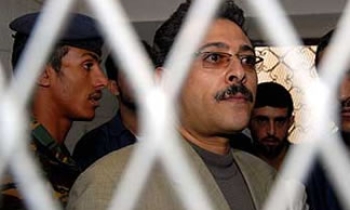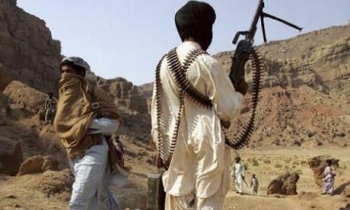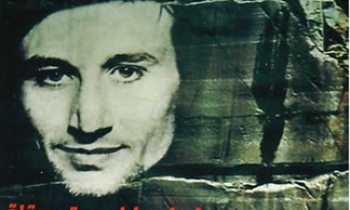Colombian radio commentator Gustavo Rojas Gabalo died Monday of injuries he suffered in a February 4 shooting outside a local supermarket in the northwestern city of MonterÃa, Córdoba province. Rojas, known as "El Gaba," died in the Salucoop Clinic in MedellÃn, the local press reported.

His daughter, Erly Rojas, told the Committee to Protect Journalists (CPJ) that the journalist had been moved to MedellÃn over the weekend to get specialised medical attention. He had undergone surgery several times in MonterÃa, according to the local press freedom group Fundación para la Libertad de Prensa (FLIP).
On February 4, two men aboard a motorcycle approached Rojas as he opened his car in front of the market. An assailant got off the motorcycle, removed his helmet, and shot the journalist twice at close range. One bullet shattered Rojas' collarbone, while the other caused head injuries, the local press said.
Rojas, 56, had nine children. His first programme was "Este es Córdoba". His second programme, "SinfonÃa de Acordeones", later renamed "El Show de Gaba", was on air for 25 years. It combined music and social commentary, including criticisms of successive municipal governments and Córdoba department politicians.
Rojas had just returned from covering the fairs and festivities in a community near MonterÃa for radio station Radio Panzenú. Minutes before the attack, Rojas had been involved in a minor traffic accident, and had exchanged insults with the other driver involved. However, the authorities have discarded the hypothesis that the attack was related to this altercation, a statement issued by FLIP said.
Erly Rojas told CPJ that investigators have not yet established a motive for the shooting. Investigators did determine that it was not related to a traffic accident and argument in which Rojas was involved earlier on the day of the shooting. Some initial speculation had centred on that incident as a possible motive.
According to Reporters sans Frontières (RSF), Rojas is the fourth journalist to be killed in the western hemisphere since January. His death comes at a time when journalists in the country, particularly those in provinces that have seen fierce fighting between government troops and guerrillas, are under intense pressure to avoid reporting on sensitive issues.

Colombia is the second most dangerous country for journalists, after Iraq, with 55 reporters murdered since 1993, according to the Inter American Press Association (IAPA). A majority of the killers are never found. Violence has tapered off in Colombia recent years – only one was reported in 2005 – but a growing number of journalists have opted for self-censorship in the face of threats from leftist guerrillas and right-wing militia.
Another journalist in MonterÃa was forced to flee his home in February after being threatened. Antonio Rafael Sánchez, who contributes to the leading Bogotá-based daily El Tiempo, fled after reporting on illegal appropriation of land in Córdoba.
CPJ has documented three other cases in 2006 of provincial Colombian journalists forced to flee their homes because of threats and intimidation. President Alvaro Uribe, who met a CPJ delegation last week, expressed support for the work of provincial journalists who report under threat of violence. Uribe also conveyed his backing for journalists who report on corruption, saying that any government official who impedes the work of provincial journalists "is committing a crime against democracy."
The meeting with Uribe followed a CPJ investigative report released in October titled "Untold Stories." The report, written by Bogotá journalist Chip Mitchell, was based on interviews with more than 30 reporters in several strife-torn provinces, including Arauca, Córdoba, and Caquetá. Journalists said they routinely muzzle themselves because they fear physical retribution from leftist guerrillas and right-wing paramilitaries, along with harassment from government troops and officials.
"We're saddened by the death of our colleague Gustavo Rojas Gabalo," CPJ Executive Director Ann Cooper said. "While we are pleased by President Uribe's public announcements, the most effective way to support the work of provincial journalists is to carry out effective investigations into attacks like this one."









